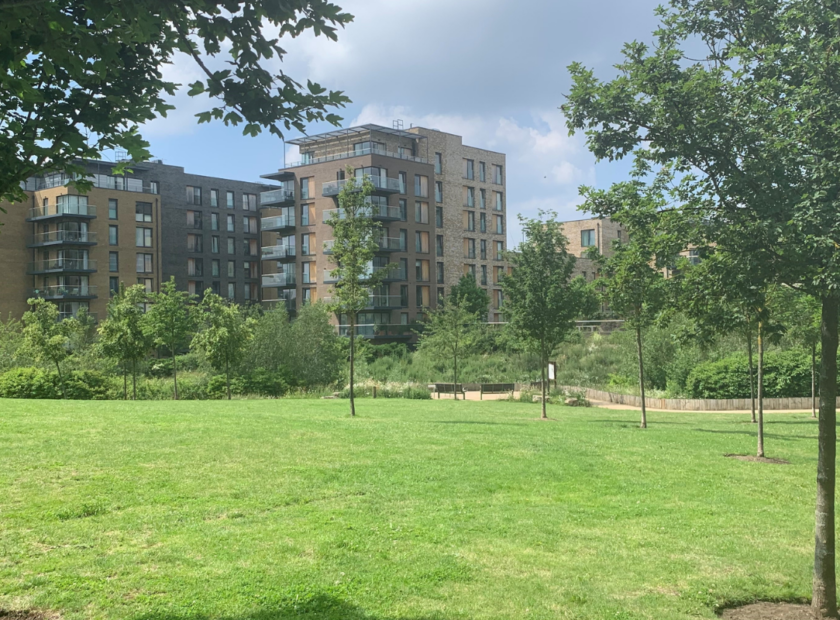13 -11-19 – Many London councils are failing to develop planning policies that go far enough to challenge poverty and inequality in the capital, according to a new report by the Town and Country Planning Association (TCPA). Figures show that:
- 57% of councils have no requirement for like-for-like re-provision of affordable housing within their local plan.
- Only 29% of councils have a specific target for ‘social rent’ housing in their local plan, the only genuinely affordable housing tenure to people on low incomes.
- 60% of councils’ local plans have no requirement for ‘tenure-blind’ housing, therefore allowing developers to supply lower-quality dwellings for affordable housing tenants.
- 71% of councils do not prohibit gated developments in their local plan.
The report, ‘London: Planning for a Just City?’, analyses requirements set out in local plans for each of the capital’s 32 boroughs, the City of London Corporation and the two mayoral development corporations, considering the extent to which policies address social and economic inequalities, increase social housing stock and encourage collaboration with local people.
One figure shows that, while all councils outline how they will engage with local people in developing their local plan, only 12% outline a clear commitment for genuine collaboration in plan-making.
Further, though issues of poverty, social inclusion, social justice and economic inequality are major concerns in the capital, 31% of councils fail to set these out as key considerations in their local plan.
Several councils interviewed as part of the research cited centrally imposed barriers by government (such as viability processes and the use of permitted development rights) and the lack of funding as factors that severely undermine even strong local plan policies.
Included in the report are recommendations for built environment institutions to introduce a duty to ‘do no harm’ which would essentially bind professionals towards a code of conduct which eliminates harmful planning decisions. Another is a recommendation for funding to be made available to community groups and support services to ensure that communities are better able to engage with and influence planning processes.
Laura Heykoop, Projects and Policy Manager at the Town and Country Planning Association (TCPA), said:
“Planning has a key role to play in achieving greater social and economic inclusion, promoting equality and reducing poverty. At the same time, however, there is the very real risk that planning processes can do harm and can reinforce and entrench existing inequalities. For planning to deliver inclusive outcomes, people – especially those who are often under-represented in planning processes and often most at risk of being disproportionately negatively affected by planning outcomes – need to be at the heart of the process.
“The research shows that while some local authorities in London are making positive moves to embed equality and inclusion within their local plan policies, the majority are failing to develop planning policy that goes far enough in challenging poverty and inequality. Further to this, processes imposed by government such as viability assessments and the use of permitted development rights then undermine local authorities’ ability to turn even strong and ambitious policies into a reality.
“The report highlights the multiple power imbalances that exist between communities, local authorities and developers, and argues that the transformation required for the planning system to better promote equality and inclusion will require both practical shifts in planning practice and fundamental shifts in power.”
Notes to editors
- The government’s official definition of ‘social rent’ housing requires that 30% of a property’s rent is based on relative property values, 70% is based on relative local earnings and that a bedroom factor is applied so that smaller properties have lower rents.
- The full report, ‘London: Planning for a Just City?’, can be found here.
- The Town and Country Planning Association (TCPA) is an independent campaigning charity calling for more integrated planning based on the principles of accessibility, sustainability, diversity and community cohesion. For more information on the TCPA, click here.
- For further information, please contact Jack Mulligan at the TCPA on 07825707546 or [email protected].



